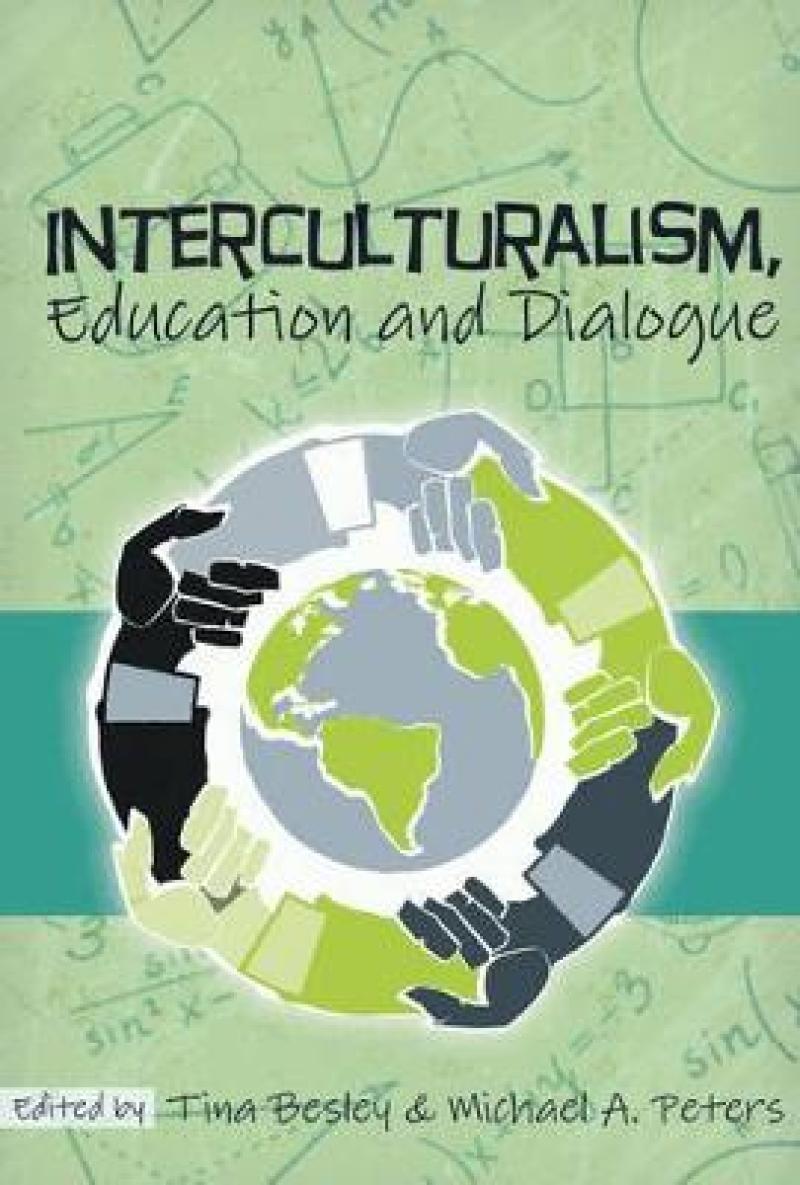«Tina Besley and Michael A. Peters have provided us with an excellent and timely book. It is useful for understanding the value of education in our globalized world with an increasingly growing interdependence among states, cultures and people. It addresses important issues and provides the reader with insightful and critical discussion on theoretical views on interculturalism, education and dialogue. It also offers critical analyses of the role and function of education within countries in Europe, Asia, Africa and North America, and the extent to which the educational systems within these countries respond to the challenges posed by social diversity. Anyone concerned with the discussed challenges can benefit from reading it.» (Klas Roth, Stockholm University)<br /> «This is a timely anthology of essays on some of the philosophical, sociological and historical underpinnings of intercultural dialogue in Europe and the wider world. This edited collection is intended to contribute to the cultivation of diversity and democracy in pluralist societies. The volume will indeed centrally contribute towards minimising some of the excesses of globalisation such as escalating levels of xenophobia, exclusion and marginalisation, and racism. As the world is constantly seeking for solutions to bridge the widening gap among different cultures, the contributors reaffirm the different philosophical strands of dialogue that can become an authoritative intellectual resource for readers serious about extending the intertwined theoretical and practical nexus between interculturalism, education and dialogue. Here is a collection most appropriately situated within leading contemporary debates about democratic action, citizenship rights and responsibilities, and cosmopolitan imaginings.» (Yusef Waghid, Professor of Philosophy of Education, Stellenbosch University)
«Tina Besley and Michael A. Peters have provided us with an excellent and timely book. It is useful for understanding the value of education in our globalized world with an increasingly growing interdependence among states, cultures and people. It addresses important issues and provides the reader with insightful and critical discussion on theoretical views on interculturalism, education and dialogue. It also offers critical analyses of the role and function of education within countries in Europe, Asia, Africa and North America, and the extent to which the educational systems within these countries respond to the challenges posed by social diversity. Anyone concerned with the discussed challenges can benefit from reading it.» (Klas Roth, Stockholm University)<br /> «This is a timely anthology of essays on some of the philosophical, sociological and historical underpinnings of intercultural dialogue in Europe and the wider world. This edited collection is intended to contribute to the cultivation of diversity and democracy in pluralist societies. The volume will indeed centrally contribute towards minimising some of the excesses of globalisation such as escalating levels of xenophobia, exclusion and marginalisation, and racism. As the world is constantly seeking for solutions to bridge the widening gap among different cultures, the contributors reaffirm the different philosophical strands of dialogue that can become an authoritative intellectual resource for readers serious about extending the intertwined theoretical and practical nexus between interculturalism, education and dialogue. Here is a collection most appropriately situated within leading contemporary debates about democratic action, citizenship rights and responsibilities, and cosmopolitan imaginings.» (Yusef Waghid, Professor of Philosophy of Education, Stellenbosch University)
Produktdetaljer
Biografisk notat
Tina Besley is Professor of Education at Waikato University, New Zealand and Adjunct Professor at the University of Illinois at Urbana-Champaign. Her four books on Michel Foucault have been critically acclaimed. In 2009, her Subjectivity and Truth: Foucault, Education and the Culture of Self (Peter Lang, 2007), co-authored with Michael A. Peters, was awarded the American Educational Studies Association Critic’s Choice Award.Michael A. Peters is Professor of Education at Waikato University, New Zealand and Emeritus Professor at the University of Illinois at Urbana-Champaign. He is the editor of three international journals and the author or editor of over sixty books, including the trilogy Imagination: Three Models of Imagination in the Age of the Knowledge Economy (2010), Global Creation: Space, Connection and Universities in the Age of the Knowledge Economy (2010) and Creativity and the Global Knowledge Economy (Peter Lang, 2009), all with Simon Marginson and Peter Murphy.
